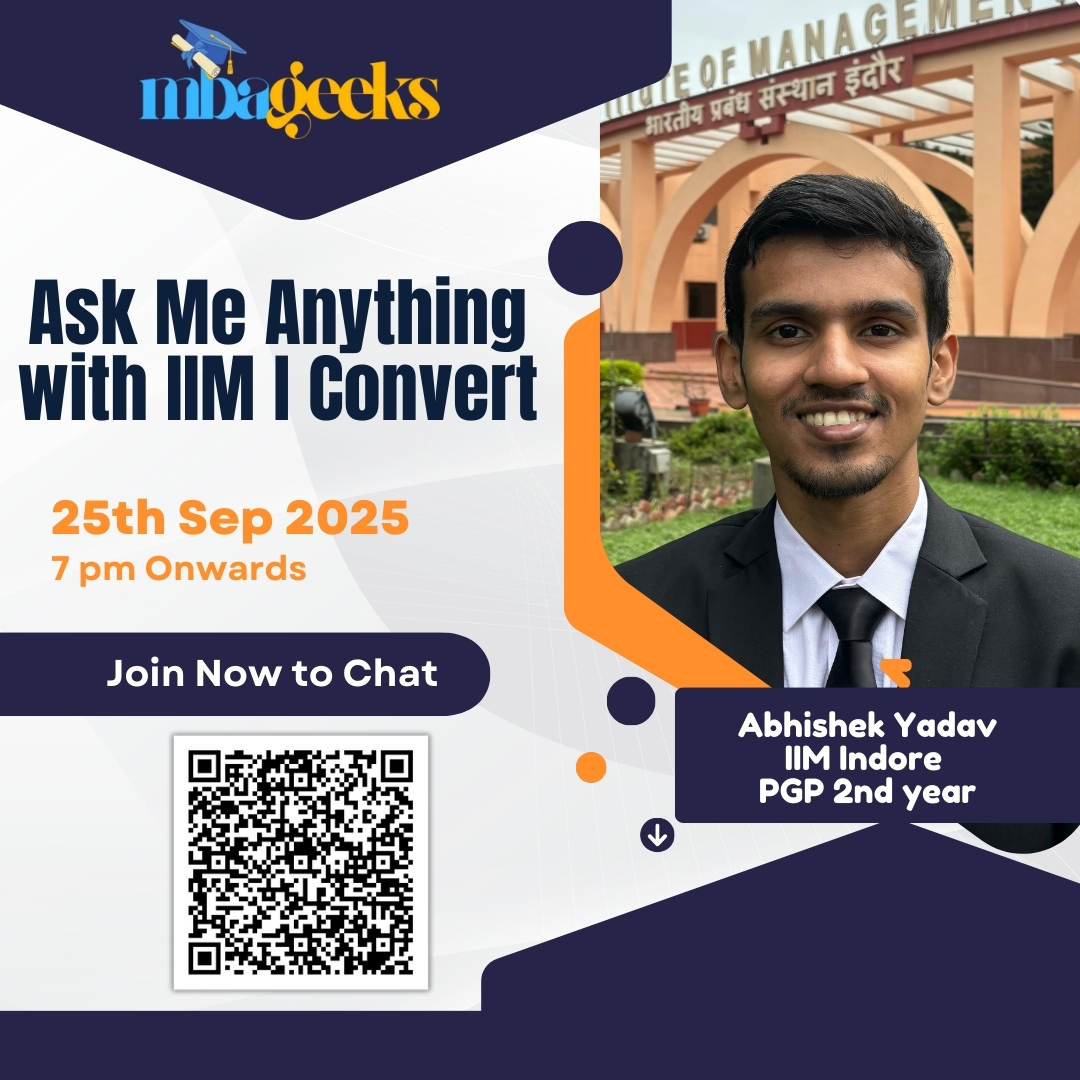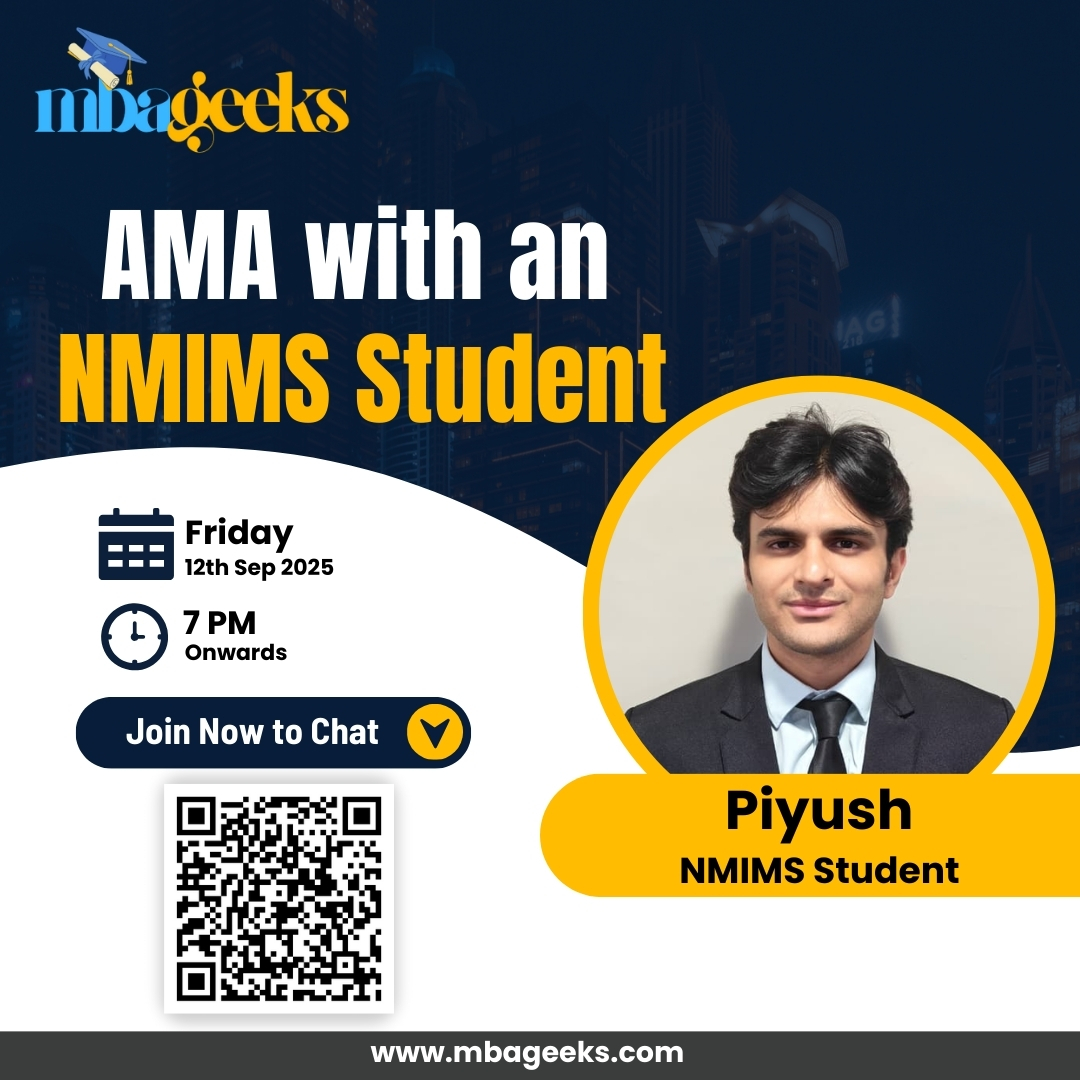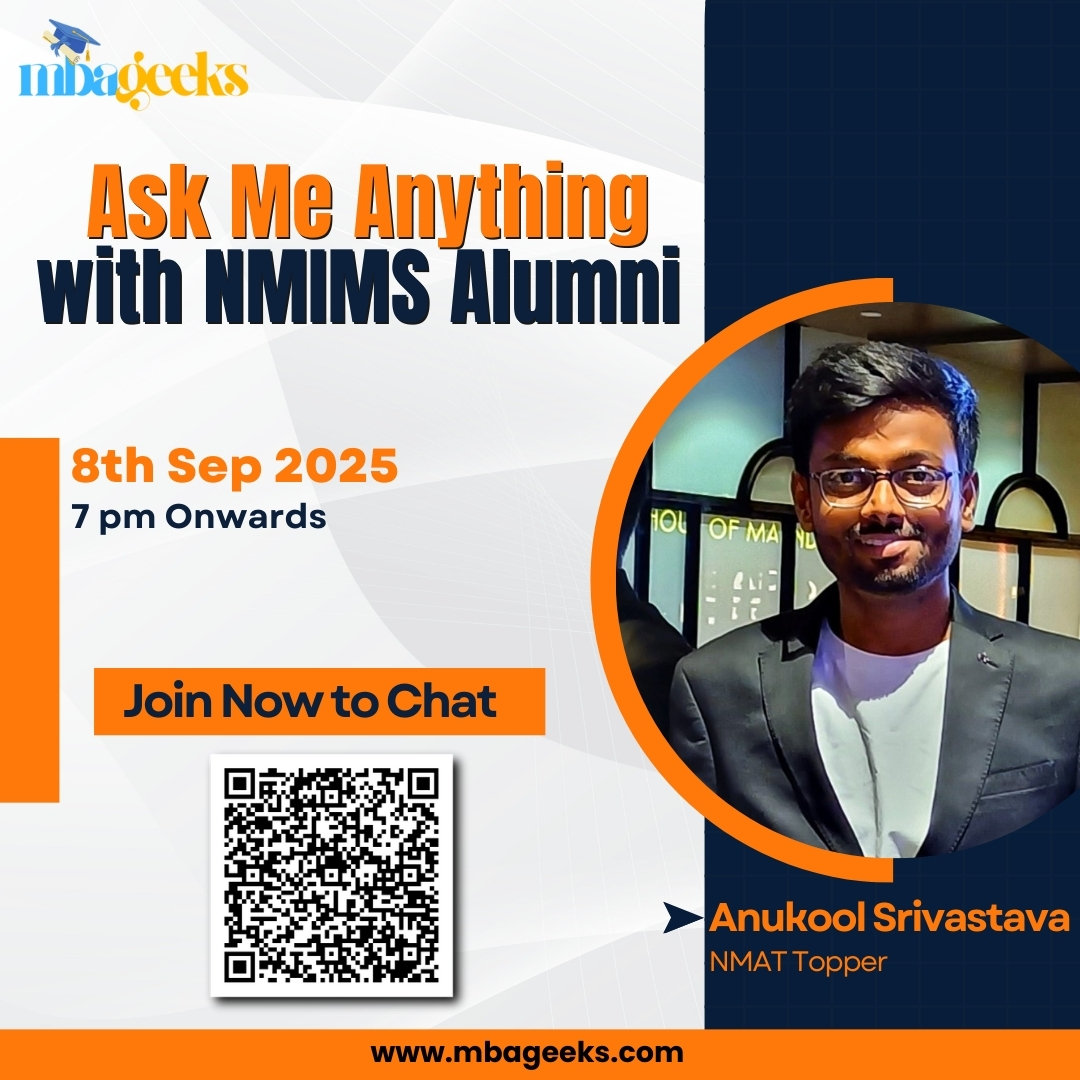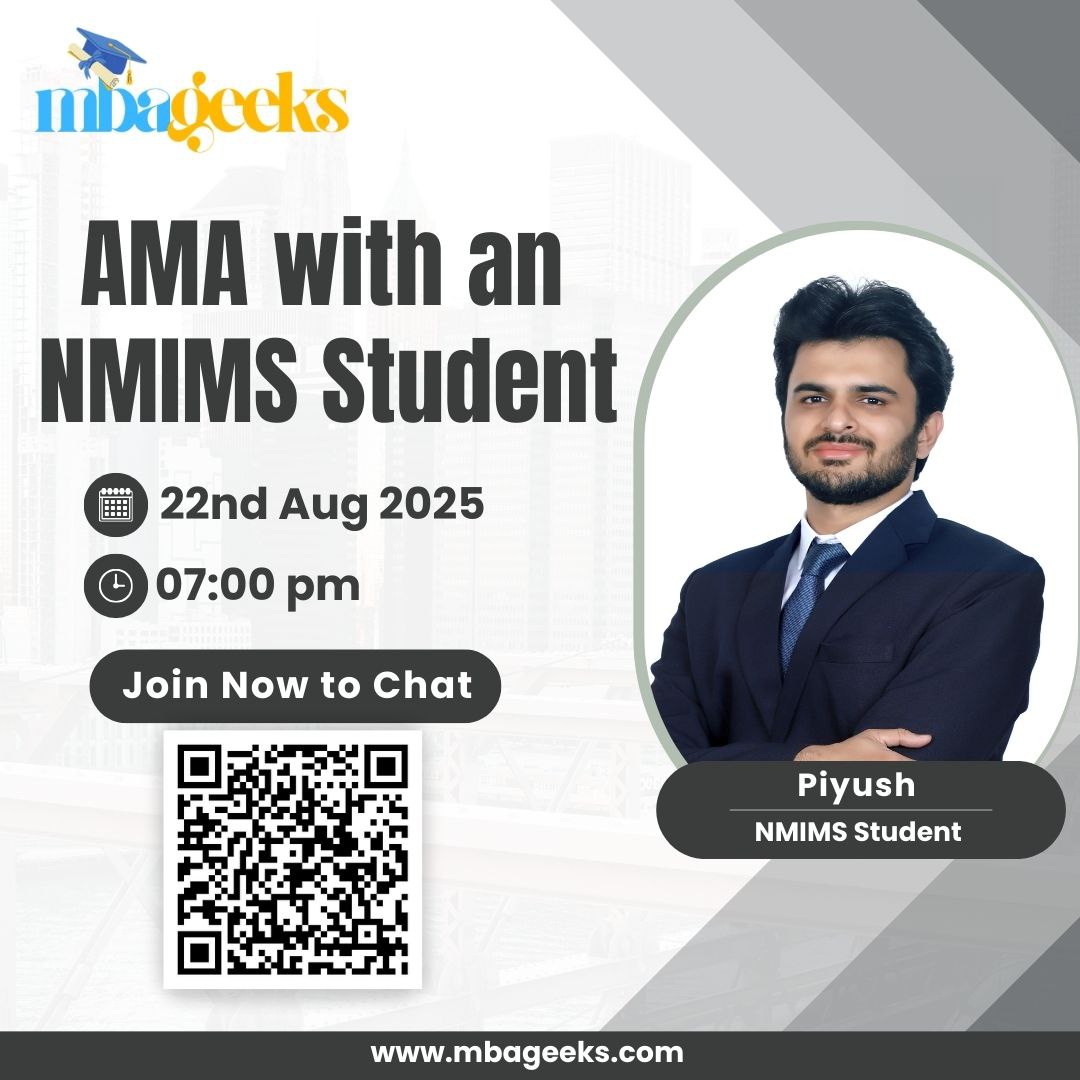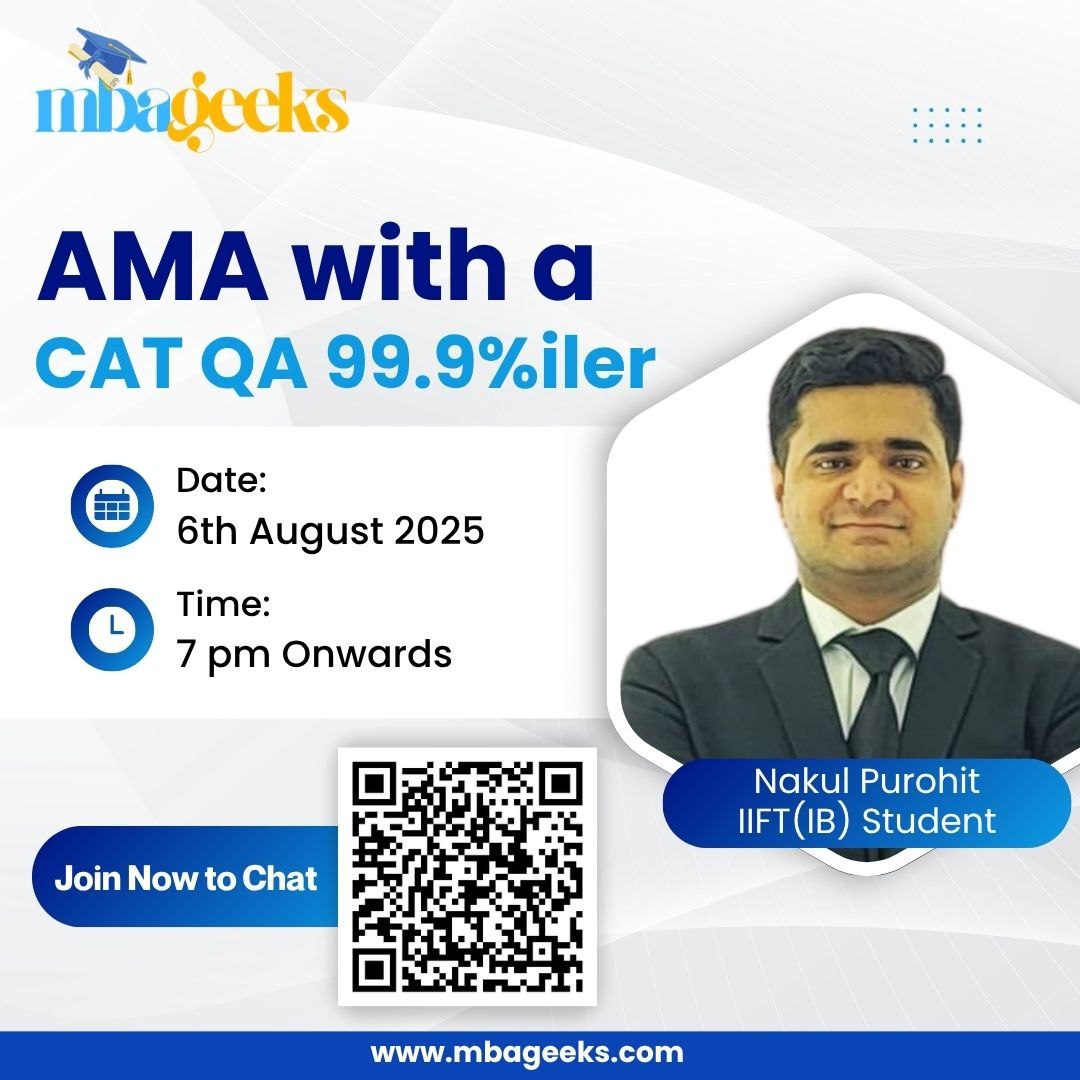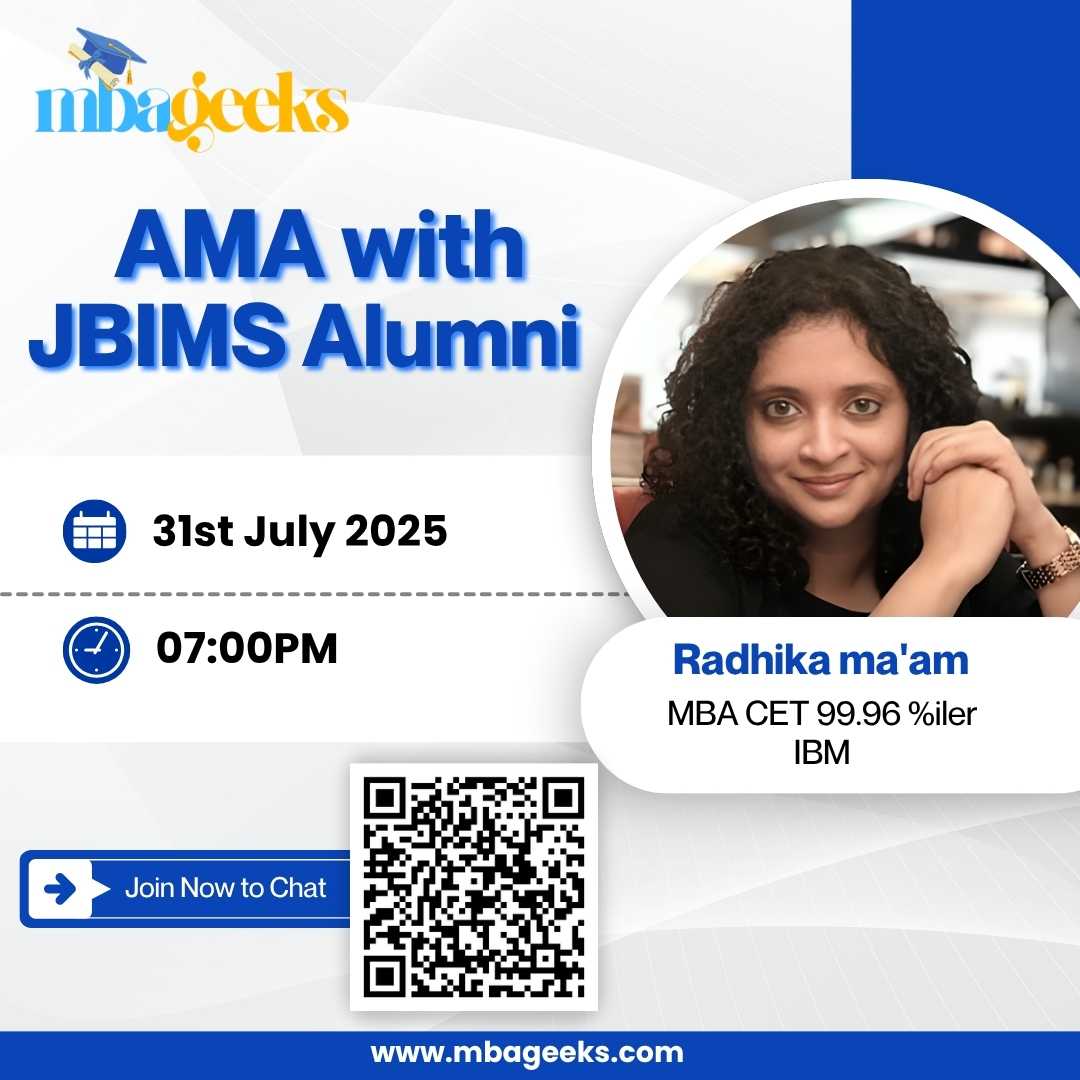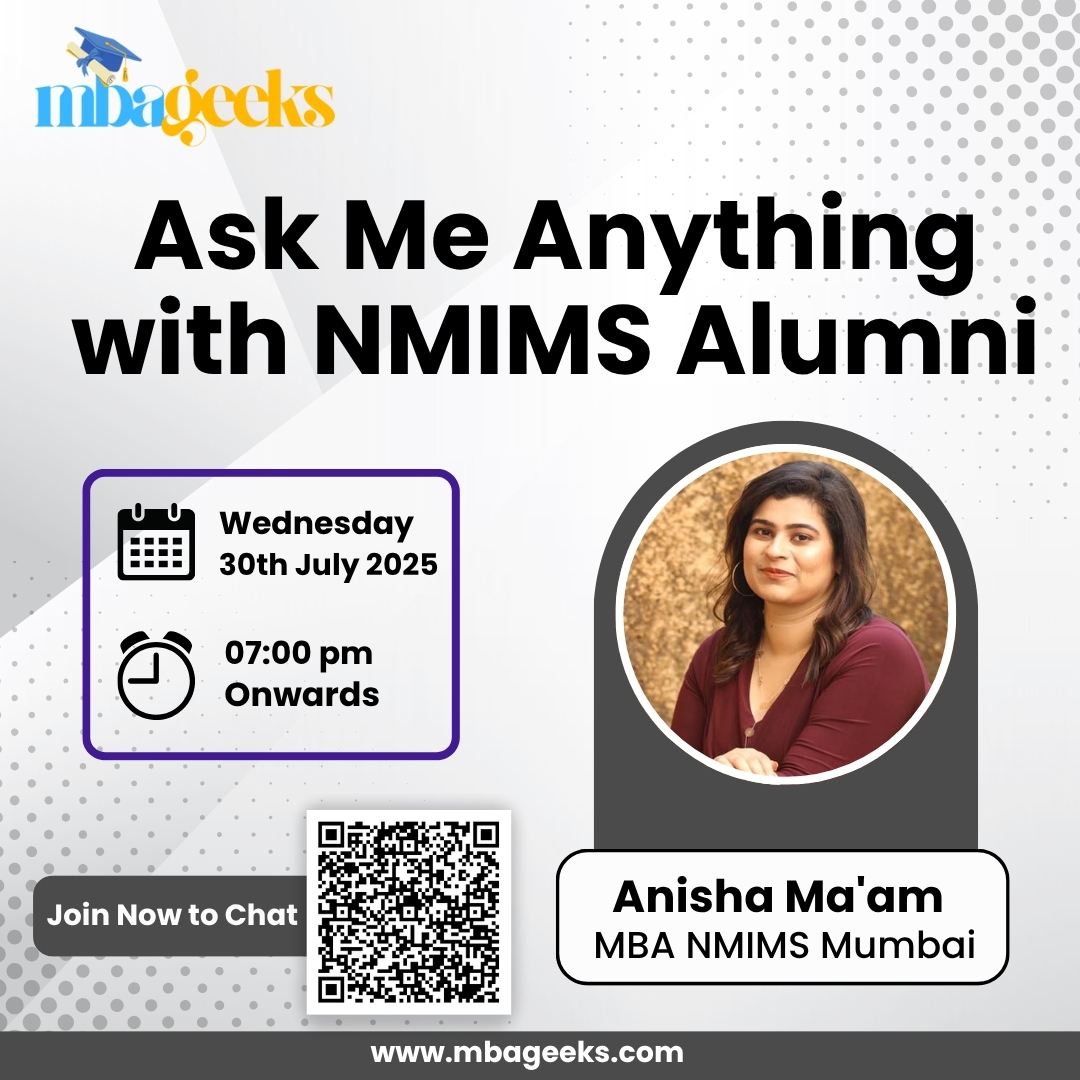Body
Whether you're preparing for a B-school interview or stepping into the corporate world, making a strong impression isn't just about showcasing your qualifications—it's also about sidestepping common pitfalls. Here are ten frequent interview mistakes candidates make and actionable tips to help you navigate them successfully.
1. Neglecting to Greet the Panel
A simple "Good morning" or "Good afternoon," accompanied by a genuine smile and confident body language, sets a positive tone. Unless a handshake is offered, it's best to avoid initiating one.
2. Sitting Without Invitation
Always wait to be invited to sit. If the interviewer forgets, politely ask, "May I take a seat?" This small gesture reflects your manners and respect for the interview process.
3. Placing Personal Items on the Table
Avoid placing your phone, bag, or folders on the interview table. Keep them on your lap or beside your chair to maintain a professional appearance.
4. Repeating Your Name Unnecessarily
The interviewers already know your name. Use your introduction to highlight your background, goals, and what makes you a suitable fit for the role.
5. Avoiding Eye Contact
Maintaining eye contact with the person asking the question demonstrates confidence and helps build a connection. Avoid looking down or staring into space.
6. Bluffing When Unsure
If you don't know the answer to a question, it's better to admit it honestly. You can say, "I'm not sure, but I'd like to explore that further." Bluffing can lead to negative impressions.
7. Displaying Nervous Body Language
Fidgeting, tapping your foot, or adjusting your watch repeatedly can be distracting. Sit still, maintain an open posture, and avoid unnecessary movements to convey confidence.
8. Being Unprepared for Value-Based Questions
Questions like "Tell me about a challenge you faced" or "What's your biggest failure?" are common. Prepare 2–3 real-life examples in advance to answer these effectively.
9. Not Asking Exit Questions or Providing a Closing Statement
Conclude the interview by asking insightful questions or expressing gratitude, such as, "Thank you for the opportunity; I really enjoyed our discussion." This shows maturity and genuine interest.
10. Leaving a Weak Final Impression
When exiting, thank the panel again and, if appropriate, inquire if you should inform the next candidate. These small courtesies leave a lasting positive impression.
Final Thoughts
Interviews are as much about how you present yourself as they are about your qualifications. By avoiding these common mistakes and demonstrating respect, authenticity, and preparation, you position yourself as a strong candidate.






